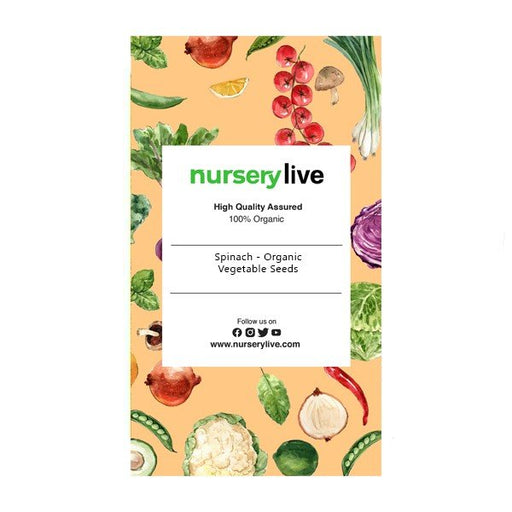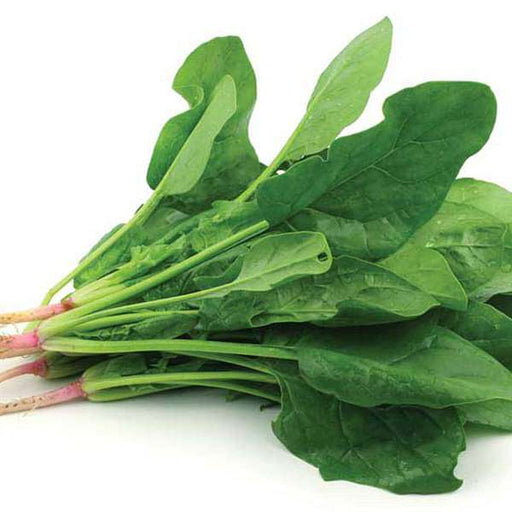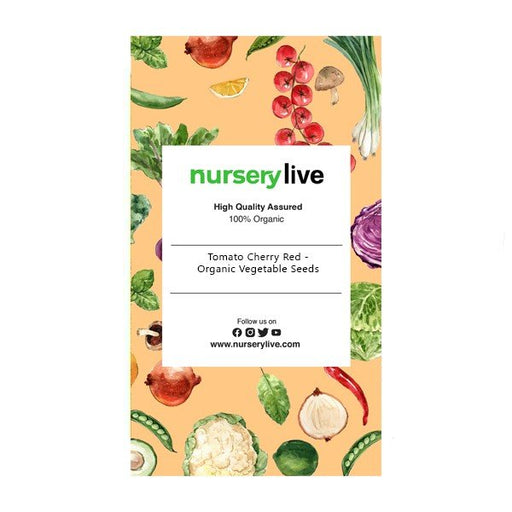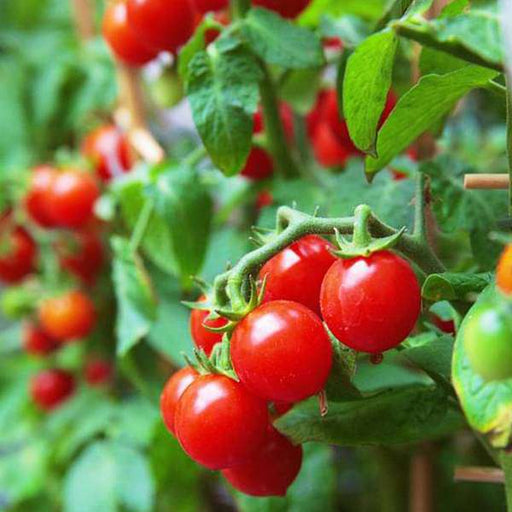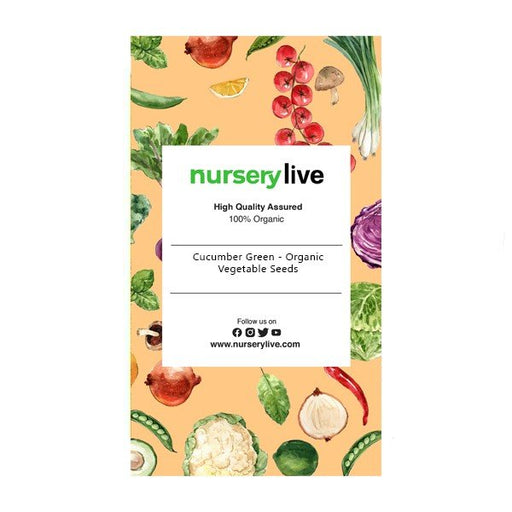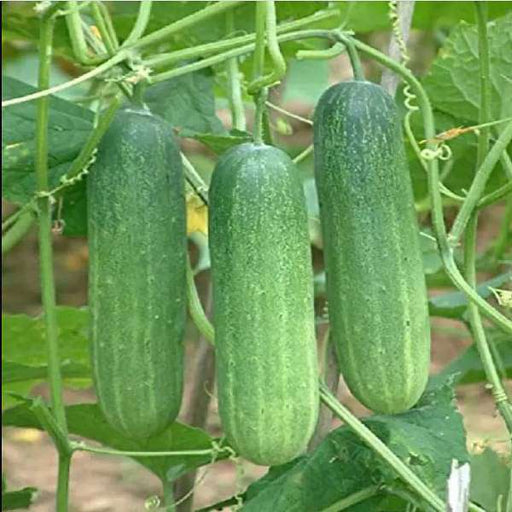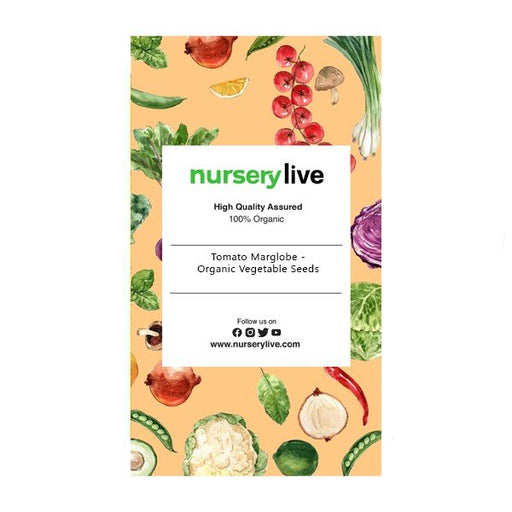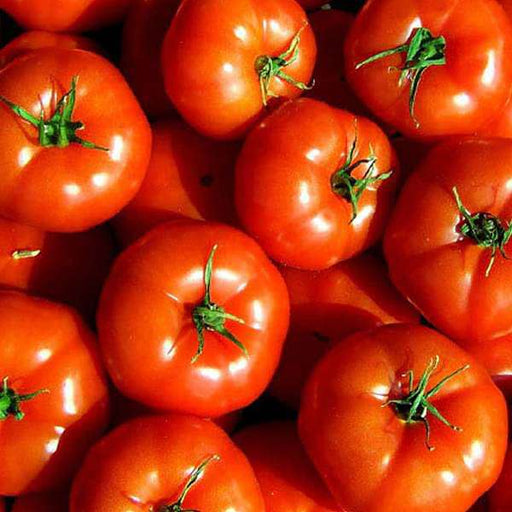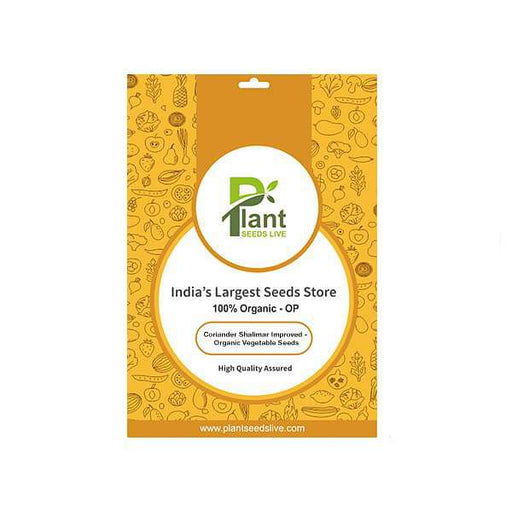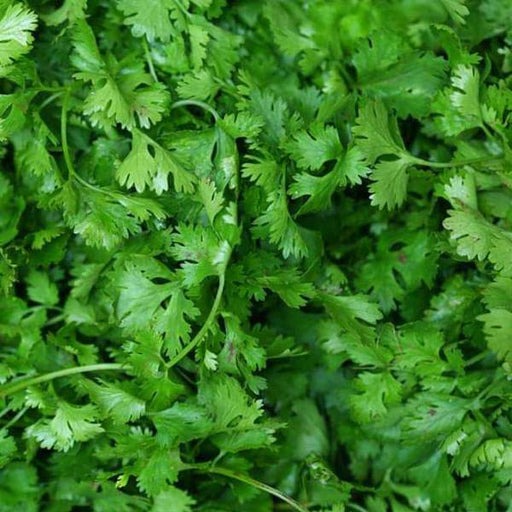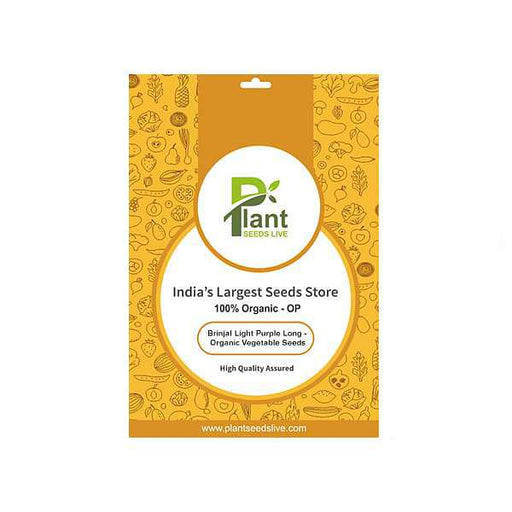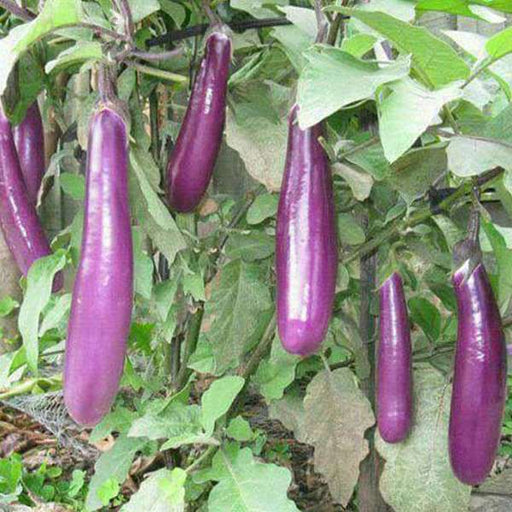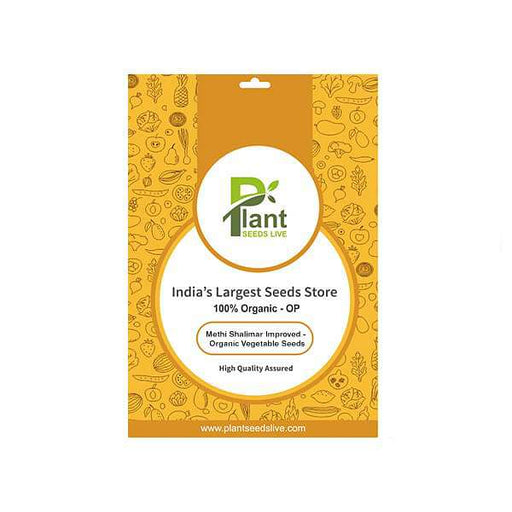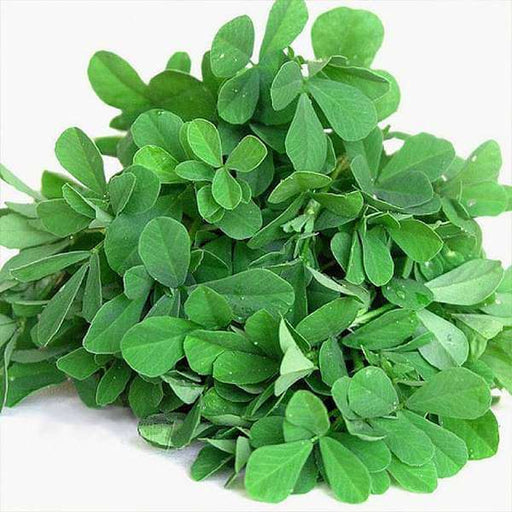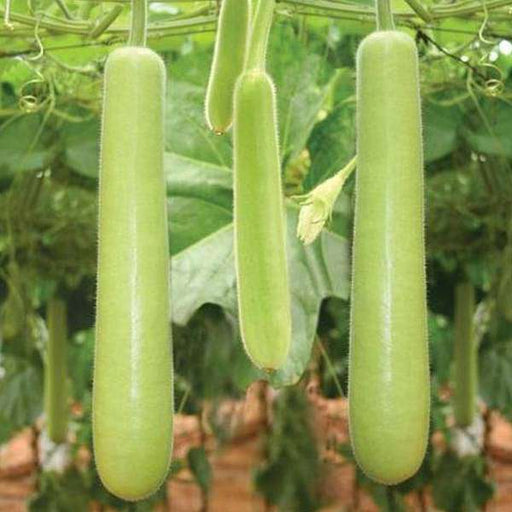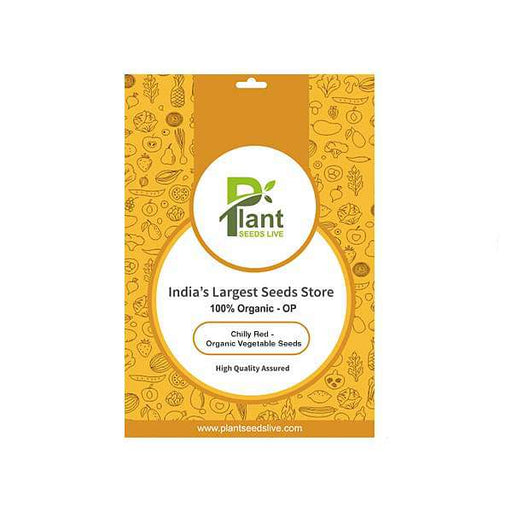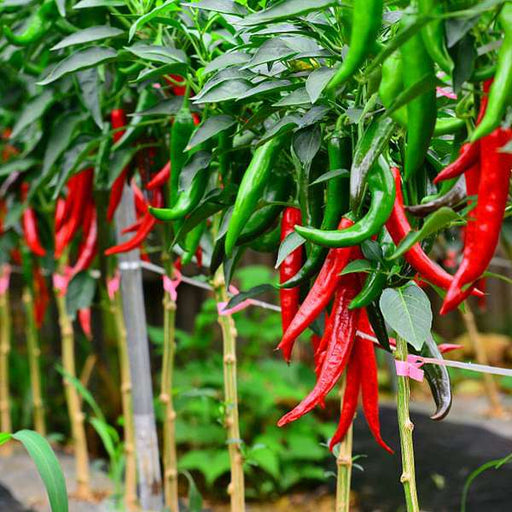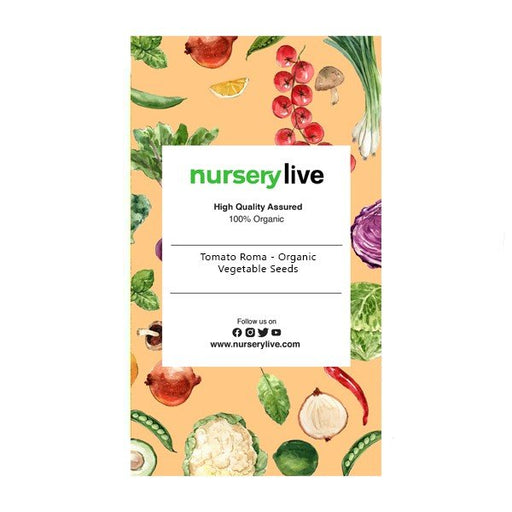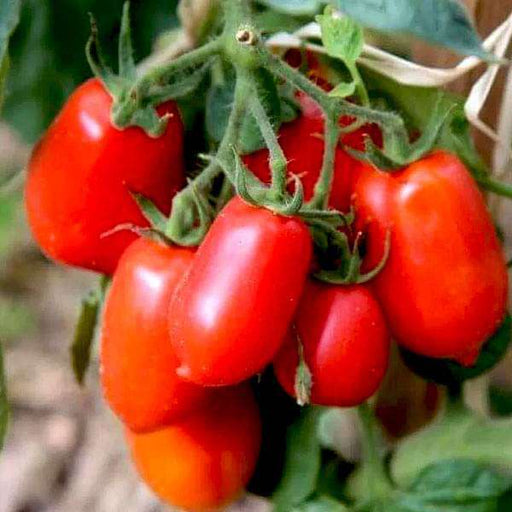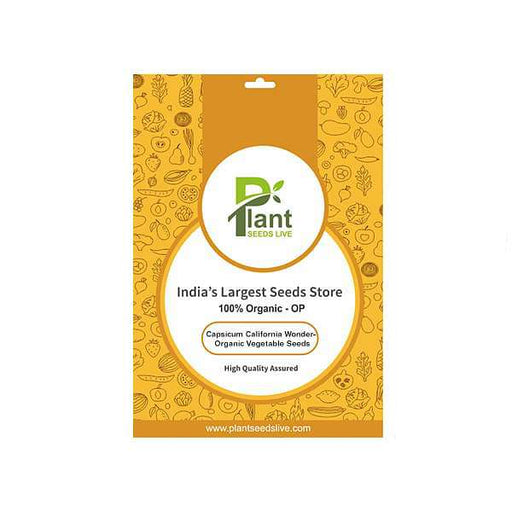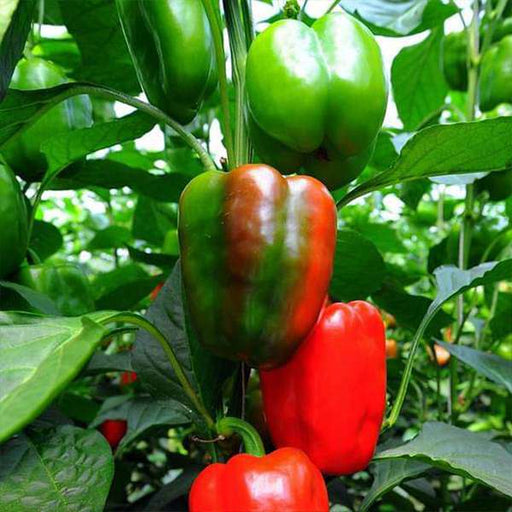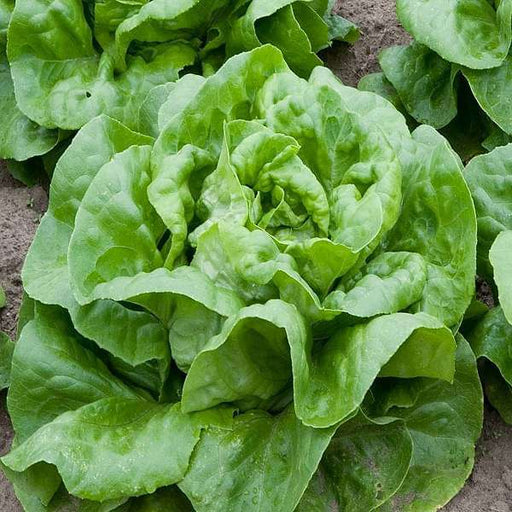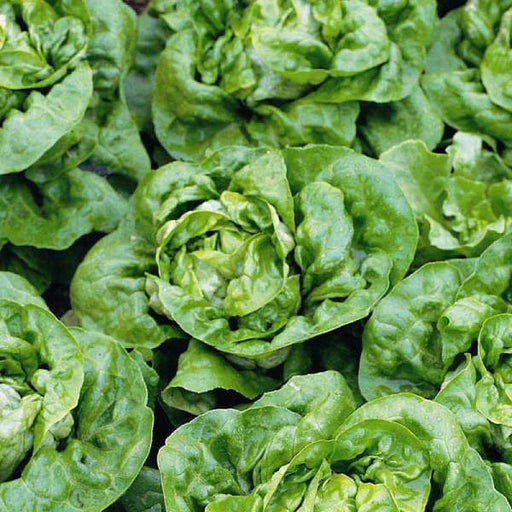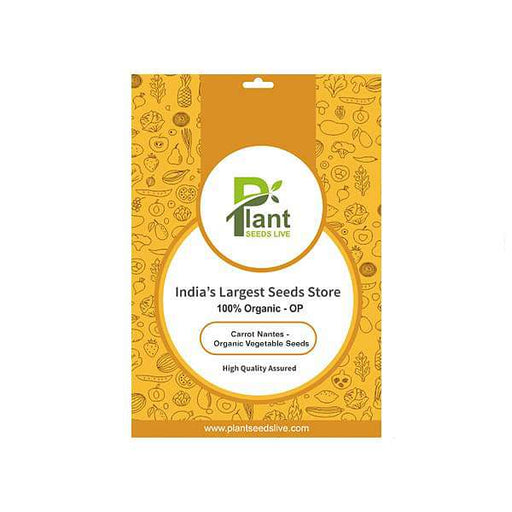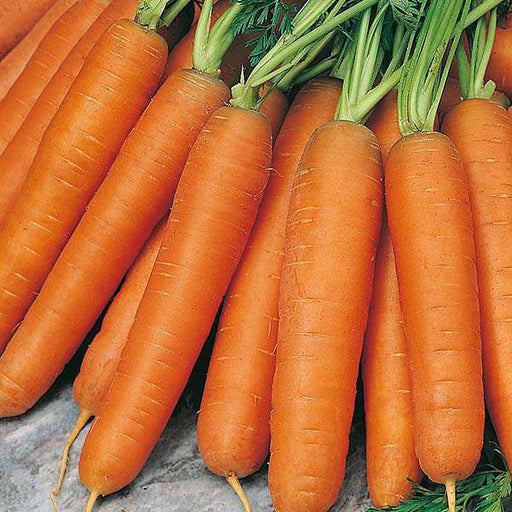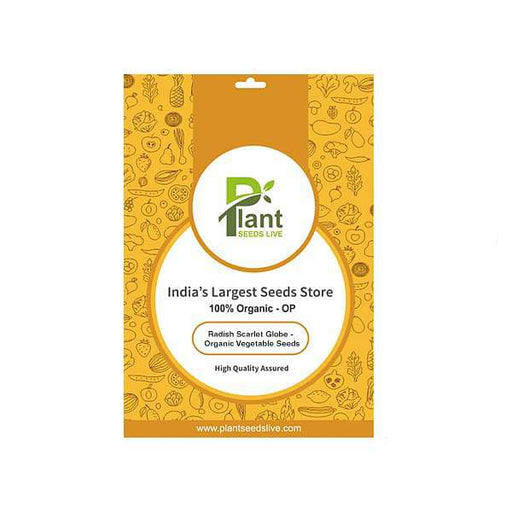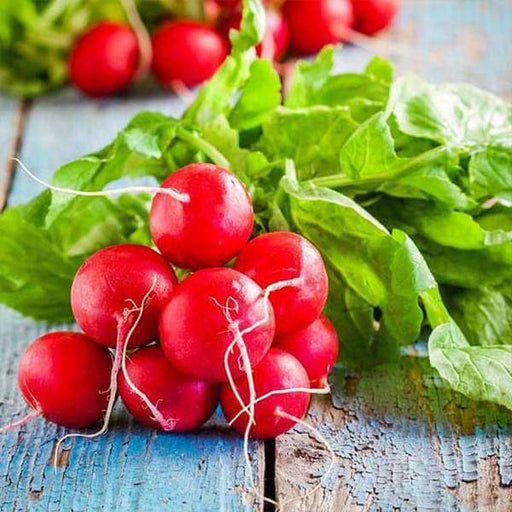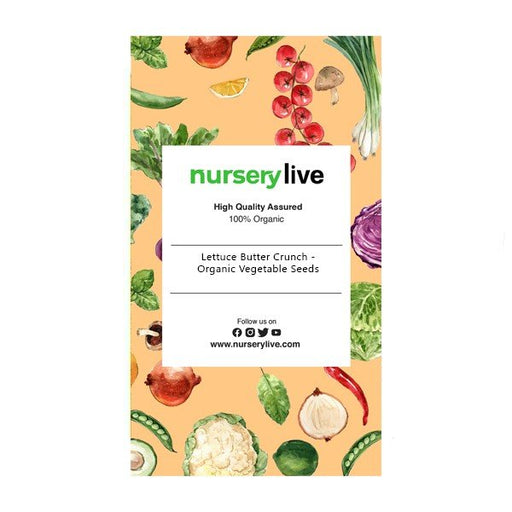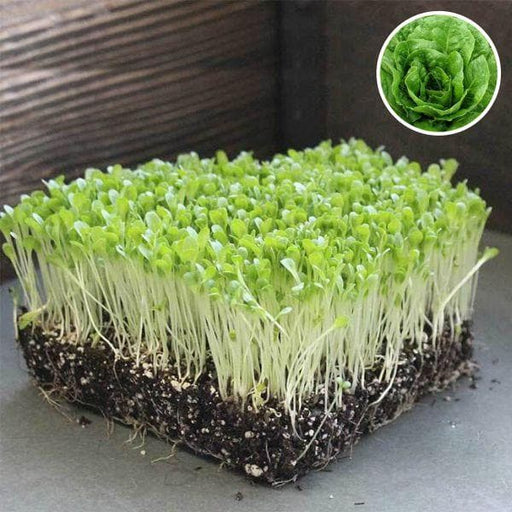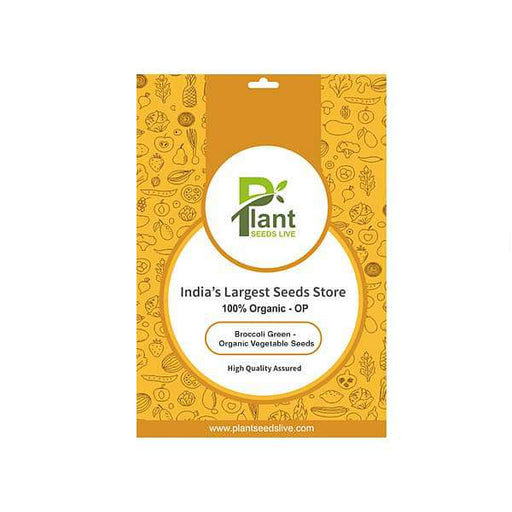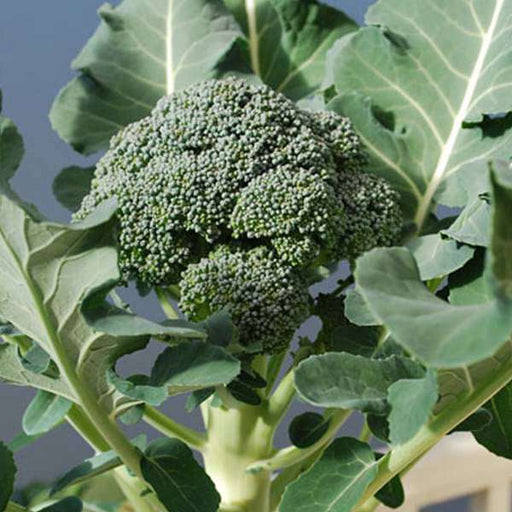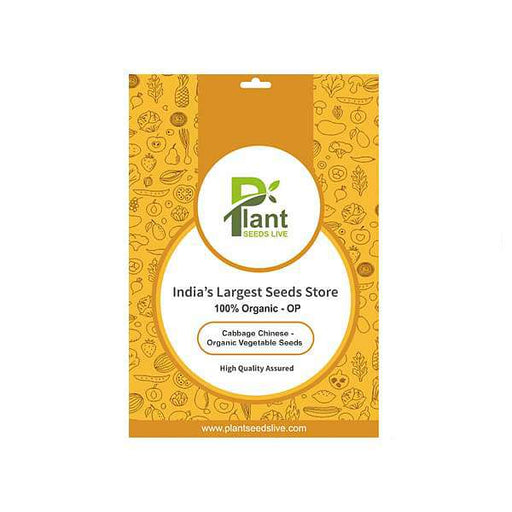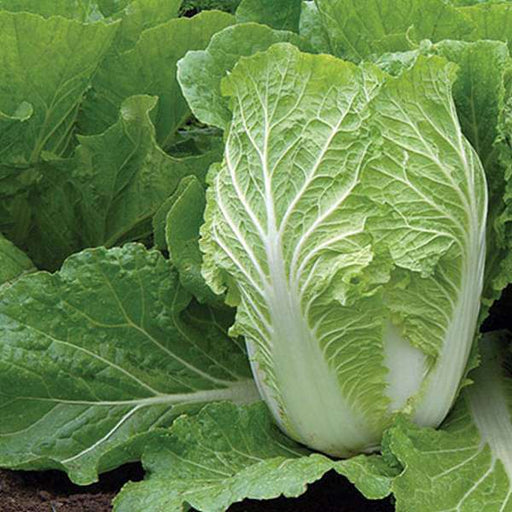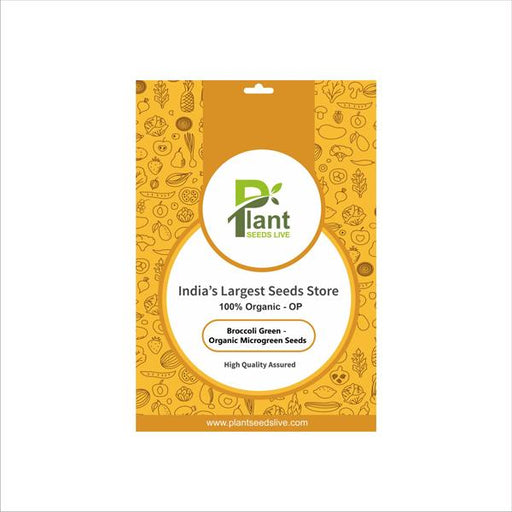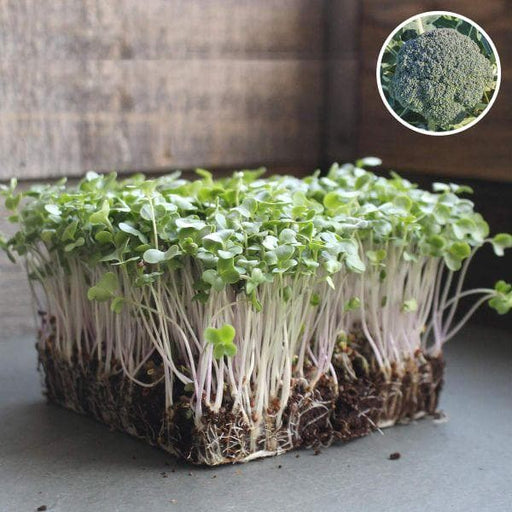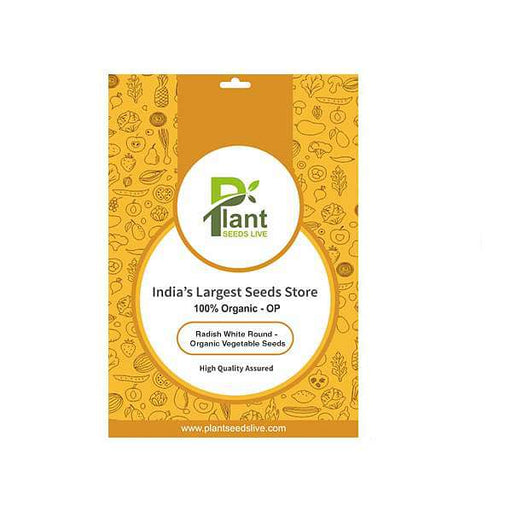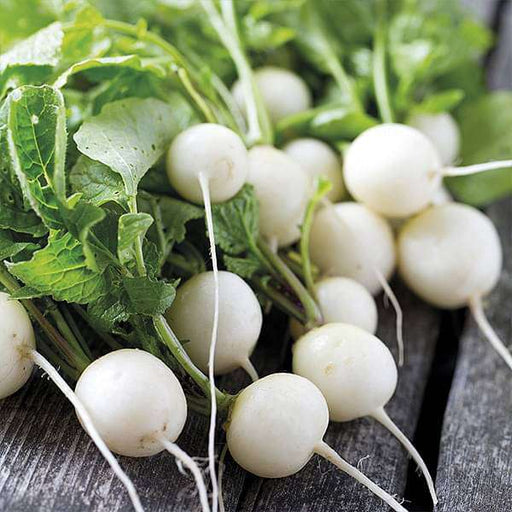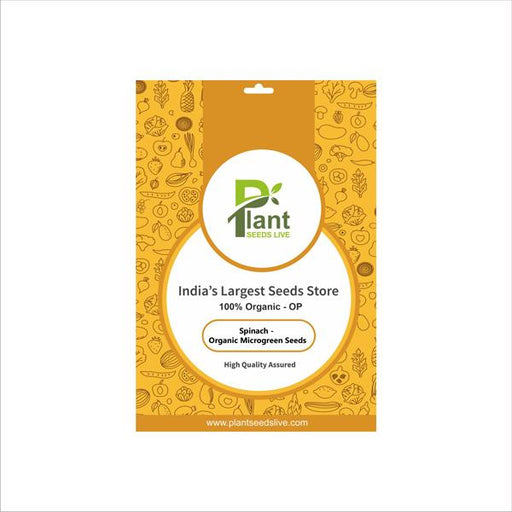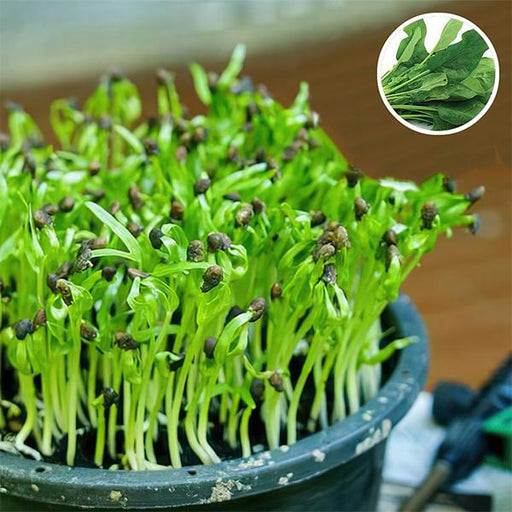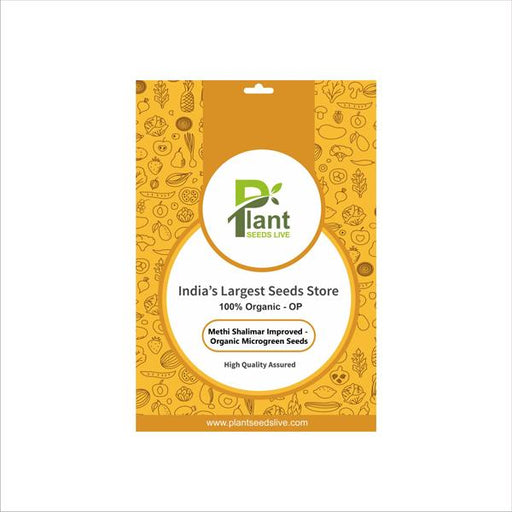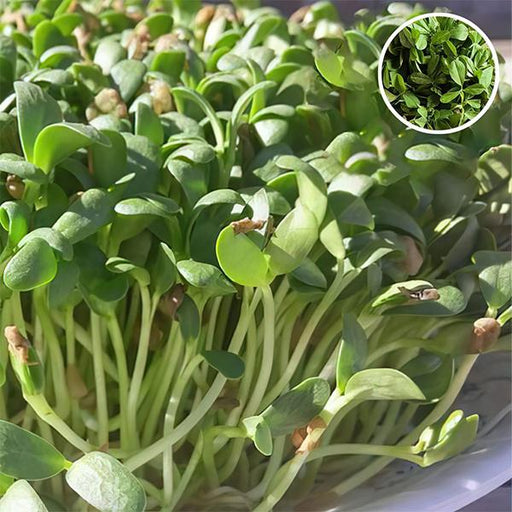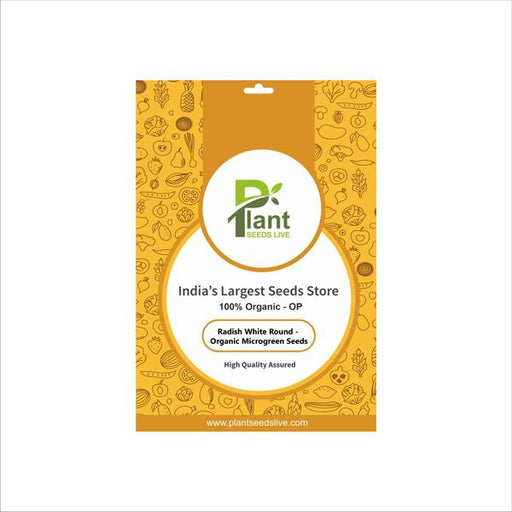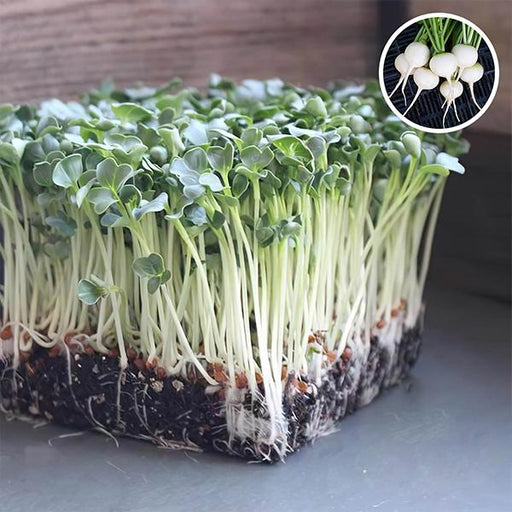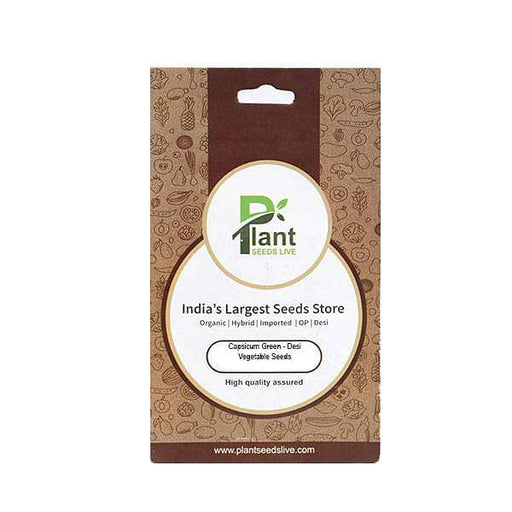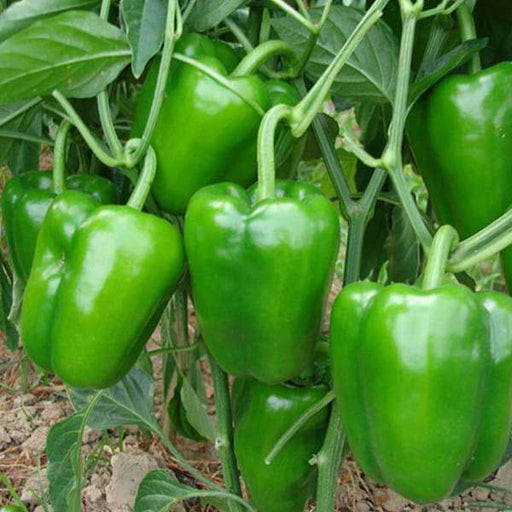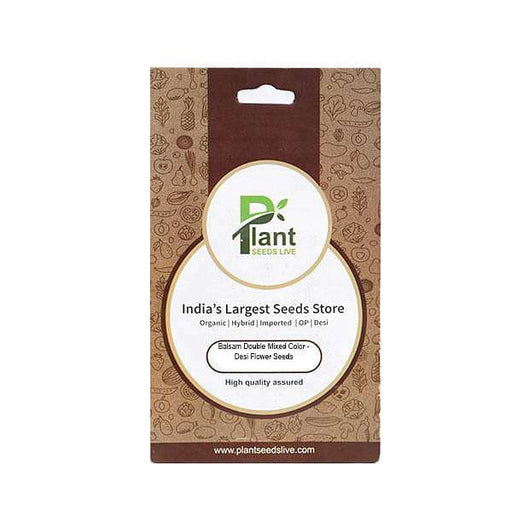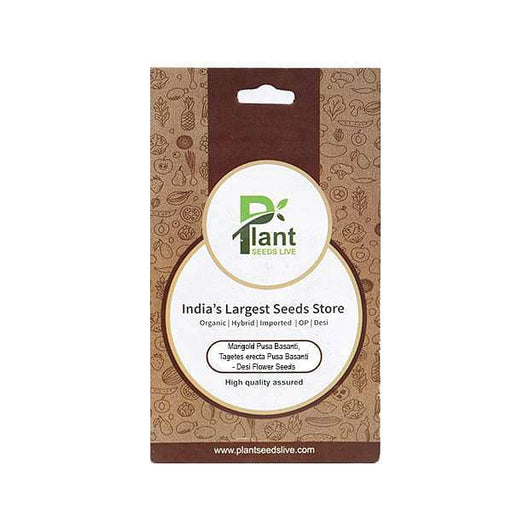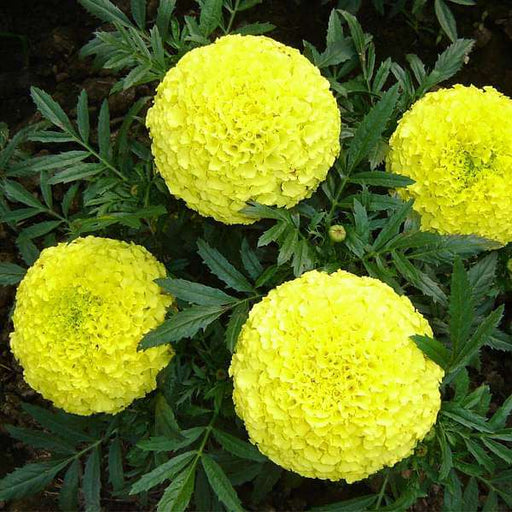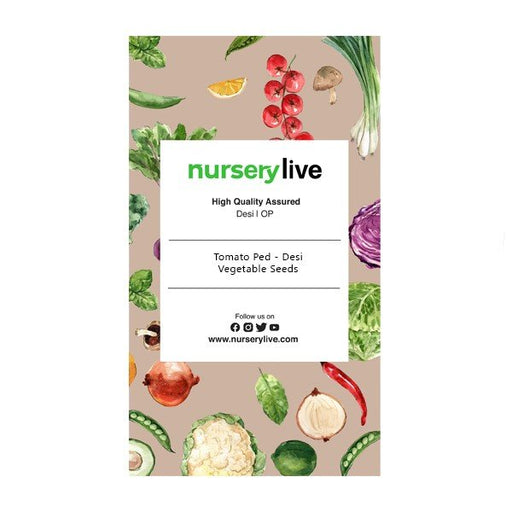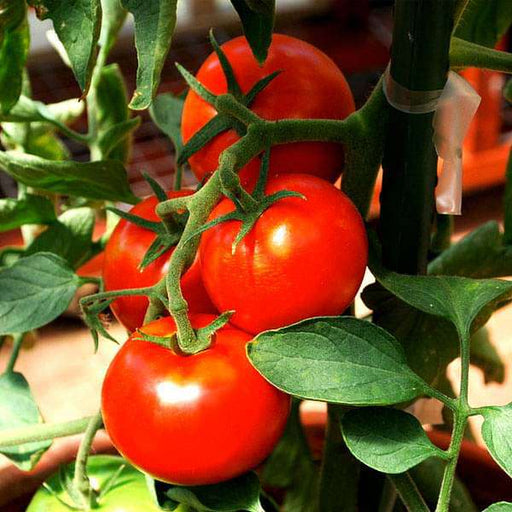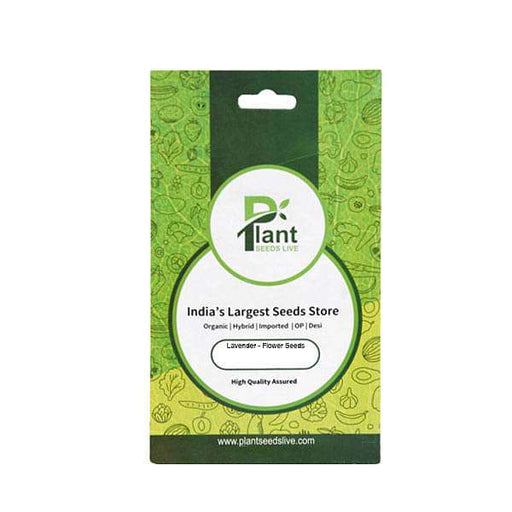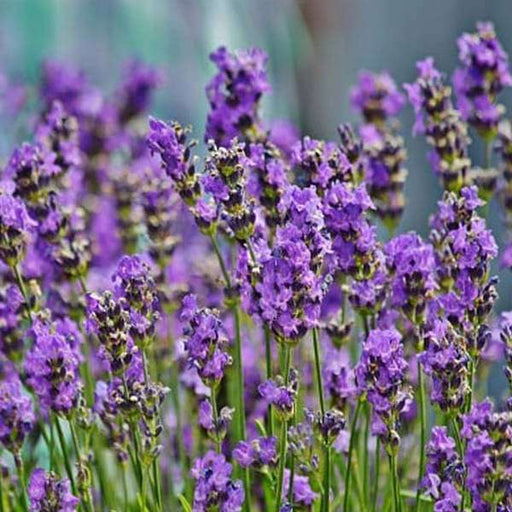Heirloom Vegetable Seeds
Heirloom vegetable seeds are non-hybrid, open-pollinated seeds that have been passed down through generations. In this article, we will explore the benefits of growing heirloom vegetables from organic vegetable seeds and how to care for them.
Non-GMO Vegetable Seeds
Non-GMO vegetable seeds are seeds that have not been genetically modified in any way. In this article, we will explore the benefits of growing non-GMO vegetables from organic vegetable seeds and how to care for them.
Hybrid Vegetable Seeds
Hybrid vegetable seeds are created by cross-pollinating two or more different varieties of vegetables. In this article, we will explore the benefits of growing hybrid vegetables from organic vegetable seeds and how to care for them.
Tomato Seeds
Tomatoes are a staple in many households and can be grown from organic vegetable seeds. In this article, we will explore the benefits of growing tomatoes from organic vegetable seeds and how to care for them.
Cucumber Seeds
Cucumbers are a refreshing and delicious vegetable that can be grown from organic vegetable seeds. In this article, we will explore the benefits of growing cucumbers from organic vegetable seeds and how to care for them.
Squash Seeds
Squash is a versatile vegetable that can be used in a variety of dishes and can be grown from organic vegetable seeds. In this article, we will explore the benefits of growing squash from organic vegetable seeds and how to care for them.
Pepper Seeds
Peppers come in a variety of colors and flavors and can be grown from organic vegetable seeds. In this article, we will explore the benefits of growing peppers from organic vegetable seeds and how to care for them.
Eggplant Seeds
Eggplants are a popular vegetable in many cultures and can be grown from organic vegetable seeds. In this article, we will explore the benefits of growing eggplants from organic vegetable seeds and how to care for them.
Beet Seeds
Beets are a nutritious and delicious vegetable that can be grown from organic vegetable seeds. In this article, we will explore the benefits of growing beets from organic vegetable seeds and how to care for them.
Carrot Seeds
Carrots are a popular and healthy vegetable that can be grown from organic vegetable seeds. In this article, we will explore the benefits of growing carrots from organic vegetable seeds and how to care for them.
Radish Seeds
Radishes are a quick-growing and easy-to-grow vegetable that can be grown from organic vegetable seeds. In this article, we will explore the benefits of growing radishes from organic vegetable seeds and how to care for them.
Kale Seeds
Kale is a nutritious leafy green that can be grown from organic vegetable seeds. In this article, we will explore the benefits of growing kale from organic vegetable seeds and how to care for them.
Spinach Seeds
Spinach is another nutritious leafy green that can be grown from organic vegetable seeds. In this article, we will explore the benefits of growing spinach from organic vegetable seeds and how to care for them.
Lettuce Seeds
Lettuce is a versatile leafy green that can be grown from organic vegetable seeds. In this article, we will explore the benefits of growing lettuce from organic vegetable seeds and how to care for them.
Broccoli Seeds
Broccoli is a healthy vegetable that can be grown from organic vegetable seeds. In this article, we will explore the benefits of growing broccoli from organic vegetable seeds and how to care for them.
Cauliflower Seeds
Cauliflower is another healthy vegetable that can be grown from organic vegetable seeds. In this article, we will explore the benefits of growing cauliflower from organic vegetable seeds and how to care for them.
Brussels Sprouts Seeds
Brussels sprouts are a nutritious and delicious vegetable that can be grown from organic vegetable seeds. In this article, we will explore the benefits of growing Brussels sprouts from organic vegetable seeds and how to care for them.
Pea Seeds
Peas are a versatile and nutritious vegetable that can be grown from organic vegetable seeds. In this article, we will explore the benefits of growing peas from organic vegetable seeds and how to care for them.
Bean Seeds
Beans are a staple in many households and can be grown from organic vegetable seeds. In this article, we will explore the benefits of growing beans from organic vegetable seeds and how to care for them.
Corn Seeds
Corn is a popular vegetable that can be grown from organic vegetable seeds. In this article, we will explore the benefits of growing corn from organic vegetable seeds and how to care for them.


